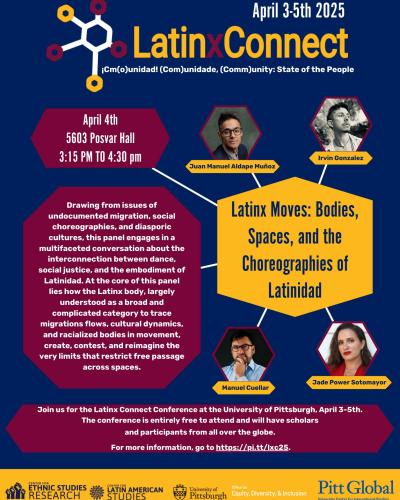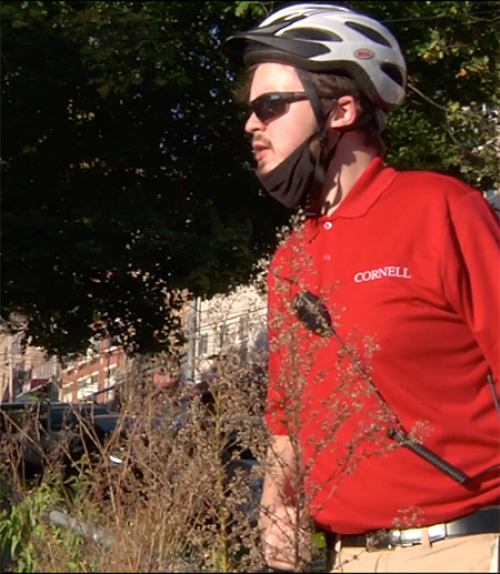
 Department Homepage
The College of Arts & Sciences
Department Homepage
The College of Arts & Sciences
“Off-Campus/On Screen" films have encore presentation Jan. 24
Morales is excited to be a first-year student at Cornell, but she’s experiencing her first semester online from her apartment in the Bronx. Her parents have lost their jobs, so she and her sister are working part-time to support the family. And she’s tired of hearing other students say “we’re all in the same boat,” because, frankly, her boat seems a lot less seaworthy than many of her classmates.’



